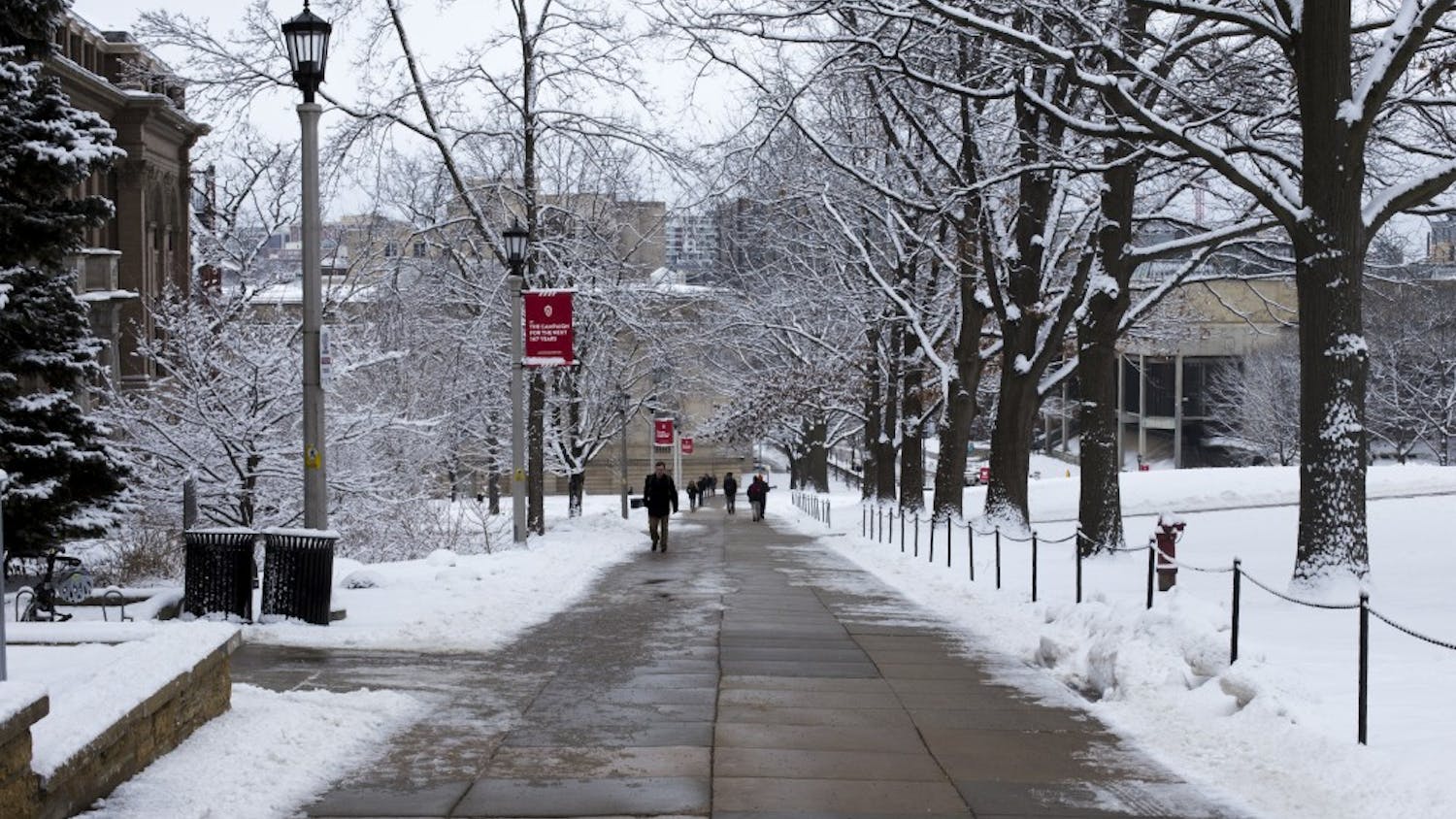Tod Murphy, owner of the Farmer's Diner in Barre, Vt., is a different type of revolutionary, the type who springs from the soil. While most Vermonters are content with leading the nation in maple syrup production (though he says the Canadians laugh at that boast) Murphy wants to bring the farm to others.
Murphy's Farmer's Diner combines the friendly, down-home atmosphere of any neighborhood diner with the recent trend of using organic and locally produced food. However, that recent trend is something only a few generations removed from the twenty-first century.
Murphy described his eatery as union of separate, practical ideals.
\It was this dream of how you take the economy my great-grandparents had,"" Murphy said,?? ""Where they could bring extra farm produce into town and sell it directly to supermarkets and combine that with a place where everybody felt welcome to eat-where there were no politics or cultural lifestyle screening that was imposed on people.""
The January 11 issue of The New York Times Magazine features Murphy in the article, ""A Short-Order Revolutionary."" The article takes a tour of Murphy's operation, stretching across the rocky land of Vermont and into the heart of Barre.
A picture of Murphy reveals him as a proper-looking but never-pretentious everyman. His eyes show the erosion from the hours of work he puts into the Farmer's Diner and the memory of his youth as a farmer's kid. He's wearing a buttoned-down shirt and speaks in a buttoned-down style that cuts to the stomach of the issue.
""The basic model is for a company to make a helluva lot of money and be devil-may-care about what may happen,"" Murphy said. ""If there's some pressure and that's going to interfere with making a lot of money, you either pay more attention to the environment or pay more attention to employee benefits, things of that sort.""
When Murphy founded the Farmer's Diner, he went in with the intent of creating a socially conscious establishment that would unite environmentalism and the intimacy of a small town caf??.
He spoke at length about crafting a business that would start with high values and follow through with them, from using his neighbor's produce to building a sense of community in a world of chain restaurants.
As relaxed and hushed as Murphy is, he also possesses a great deal of shrewdness that allows him to get approximately 70 percent of his ingredients from central Vermont.
He started the Farmer's Diner with $240,000 in capital and plenty of advice from Ben Cohen and Jerry Greenfield of Ben & Jerry's and Paul Hawken from Smith & Hawken. The Farmer's Diner isn't some exaggerated yokel tavern that serves a glass of milk from the local farmer. It's a collision of community support, increased agricultural awareness and an appeal to consumers' sense of place.
""The surprising thing is that people just come in because it's in a good location and because it's a diner,"" Murphy said.
""When they start to read the stuff around about 'this is where the food comes from,' they get very excited because it's their neighborhood. It's their town; it's their community. Food is very visceral and it makes sense to them.
Part of Murphy's success stems from the distance that many people no longer wish to have from their food. The New York Times Magazine article states that the average apple or head of lettuce travels over 1,500 miles before it is consumed.
The article goes on to state that many diners receive most of their ingredients from Tyson, Sysco or one of the other eight companies that now supply more than half the food and drink in the United States. That sort of disconnection is what prompted Murphy to start his diner in the first place.
Murphy wanted to go against the prevailing trends of agribusiness and create a place that negates the problems of large businesses. By bringing food to a very personal level, consumers can go against the practices that have brought about mad cow disease and environmental degradation.
""If we have any experience with producing our own food, we realize that if big corporations do it to be profitable, it's gotta be brutal and inhumane and dangerous for consumers,"" Murphy said.
The Farmer's Diner is definitely innovative and always changes with the seasons. However, Murphy said he feels that he, his suppliers and his investors have figured out how to create an economy of scale. Now he's looking to craft similar diners beyond Vermont.
""It's really tremendous and because we've figured out how to do that we'd like to take it to other places and take it to local folks who would like to have the same type of restaurants in their area,"" Murphy said.
Hopefully, many Madisonians would embrace such a notion and allow the short-order revolutionary to be a long-term leader.
Ben Schultz is a senior majoring in English and history. He can be reached at blschultz@wisc.edu.





